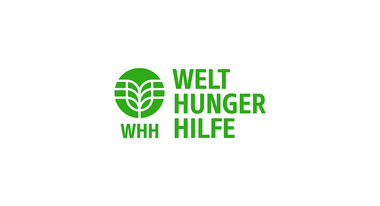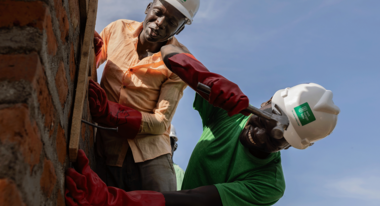Global Crises: Stop Pressing the Snooze Button
This year, 125 million people or more are expected to be in need of humanitarian assistance. Is the international community equipped well enough?

The first-ever World Humanitarian Summit brought together donors, UN agencies, NGOs and the business community to discuss humanitarian challenges and look for solutions. Relevant questions include:
- How to deal with protracted crises?
- How to meet the humanitarian as well as the developmental needs of vulnerable communities and countries?
- And how to better prepare for emergencies?
While no binding declaration has emerged from the Summit, it resulted in a wide range of voluntary commitments from various actors. These commitments include more multi-year financing to deal with protracted crises, new approaches for more efficiency and effectiveness and increased transparency and accountability.
One of the most prominent results of the Summit is the reinforced recognition of just how important local organisations and actors are in humanitarian assistance. They respond first, and they are agents of change. The Summit recognised that their role must be further strengthened.
Affected people must be at the centre of humanitarian action, and agencies must be accountable to them more than to donors.
Issues like this are included in the “Grand Bargain”, a package of some of the most relevant commitments arising out of the Summit:
- It is intended to generate savings of up to $ 1 billion within five years by improving efficiency to meet more needs.
- It commits to channel 25 % of all humanitarian funding to local organisations by 2020.
However, the Grand Bargain currently lacks an institutional home, doesn’t deal with the responsibilities of vulnerable and affected states and lacks tangible commitments to empower civil society.
Armed conflicts result in 80 % of total humanitarian needs. The number of armed conflicts is growing, and this is the main reason for the mass displacement of people. Mass violations of international humanitarian law are also worrying. Ever more aid workers and civilians are killed or wounded in terrorist attacks and military accidents.
Humankind should invest more in preventive action, including in early diplomatic action and conflict mediation. Moreover, humanitarian needs are also provoked by extreme weather events and climate change. It makes obvious sense to link humanitarian action to long-term development when tackling these issues, but for good reason, some organisations worry that this could imply an erosion of humanitarian principles.
Unfortunately, only 55 of 173 UN member states were represented by their heads of state or government in Istanbul. Angela Merkel, Germany’s federal chancellor, was the only top leader from a G7 country at the Summit.
According to the official Chair’s Summary, the Summit was a wake-up call that has generated global momentum and political will. This is often said after international events. Most of today’s disasters are human-made, so political solutions which adhere to humanitarian principles are required. The international community must rise to the underlying challenges. Pledging more money and attempting to make humanitarian aid more efficient will prove utterly inadequate if crises are allowed to keep getting worse.
This is a shortened version of an article first published at D+C. Read the full article here.






